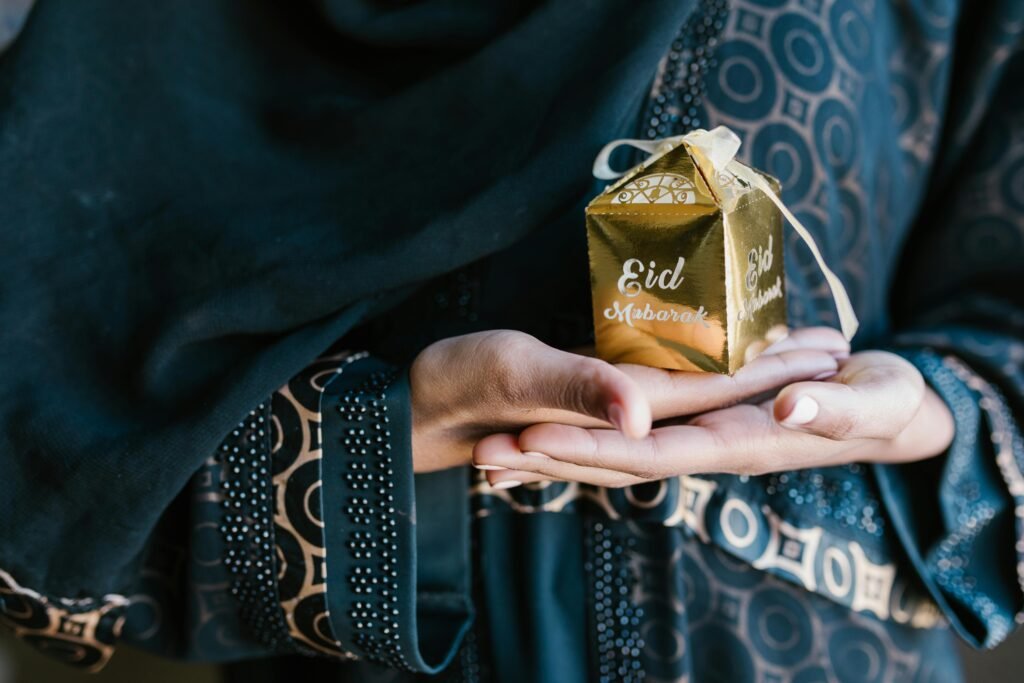Explanation of Sabr And Shukr:

Life is a journey filled with trials and triumphs, challenges, and blessings. For Muslims, two essential virtues—sabr (patience) and shukr (gratitude)—serve as the pillars of our spiritual strength. Together, they guide us through life’s complexities and bring us closer to Allah’s pleasure.
Let us dive deeper into these virtues, exploring their significance, practical applications, and examples from Islamic history and daily life.
The Power of Patience (Sabr): A Test of Faith
Patience is not just about waiting—it’s about enduring with hope, trusting in Allah’s wisdom, and remaining steadfast. The Qur’an beautifully emphasizes the importance of sabr:
“Indeed, the patient will be given their reward without account.” (Surah Az-Zumar: 10)
This verse reassures us that patience is one of the most beloved qualities to Allah, and its reward is beyond measure.
Example Sabr and Shukr from History: Prophet Ayyub (AS)
The story of Prophet Ayyub (AS) is one of unparalleled patience. He endured the loss of his wealth, children, and health but remained unwavering in his faith. Despite his suffering, he consistently turned to Allah with the heartfelt prayer:
“Indeed, adversity has touched me, and You are the Most Merciful of the merciful.” (Surah Al-Anbiya: 83)
His story reminds us that no matter how severe our trials, they are temporary, and Allah’s mercy will eventually prevail.
Everyday Example: A Parent’s Patience
A mother raising her child is a daily example of sabr in action. From sleepless nights to teaching the child right from wrong, she endures challenges with love and hope for her child’s future. Similarly, as individuals, when we face delays or disappointments, patience allows us to remain calm and trust that Allah’s timing is perfect.
Gratitude (Shukr): The Secret to Abundance

Gratitude is recognizing that every blessing—big or small—comes from Allah. It is not just a feeling but an action that manifests in how we use our blessings to benefit ourselves and others. Allah promises:
“If you are grateful, I will surely increase you [in favor].” (Surah Ibrahim: 7)
Gratitude transforms our outlook on life, helping us focus on what we have instead of what we lack.
Example from History: Prophet Suleiman (AS)
Prophet Suleiman (AS) was blessed with immense power, wealth, and knowledge. Yet, he consistently acknowledged Allah as the source of his blessings. When he was able to understand the language of animals, he humbly said:
“My Lord, enable me to be grateful for Your favor which You have bestowed upon me and upon my parents.” (Surah An-Naml: 19)
His gratitude teaches us that we must always attribute our achievements to Allah’s grace no matter how great our achievements are.
Everyday Example: Small Acts of Gratitude
Gratitude can be as simple as saying “Alhamdulillah” when we wake up in the morning, enjoy a meal, or feel the warmth of the sun. Teaching children to thank Allah for their toys, meals, and health instills a lifelong habit of shukr.
Balancing Sabr and Shukr: A Life of Contentment
A believer’s life is a cycle of patience and gratitude. When we face trials, we practice sabr, trusting Allah is testing us to elevate our status. When blessed, we practice shukr, ensuring we use our blessings to please Allah.
Example from the Qur’an: The Life of the Believer
The Prophet Muhammad (ﷺ) beautifully summarized this balance when he said:
“How wonderful is the case of a believer! There is good for him in everything, and this applies only to a believer. If something good happens to him, he is grateful, and that is good for him. If something bad happens to him, he endures it with patience, and that is good for him.” (Sahih Muslim, 2999)
This balance is what brings true peace, as it anchors our hearts in trust and humility, regardless of our circumstances.
—
Practical Steps to Cultivate Sabr and Shukr
1. Start and End Your Day with Reflection:
Begin your day with the dua: “O Allah, I entrust my affairs to You.”
Before sleeping, reflect on one challenge where you showed patience and three blessings you are grateful for.
2. Practice Gratitude Publicly:
Teach children and family members to say Alhamdulillah regularly.
Share blessings with others, such as giving to charity or hosting a meal for someone in need.
3. Be a Role Model in Patience:
When faced with delays, setbacks, or misunderstandings, respond calmly. Your reaction can inspire those around you, especially children, to adopt the same virtue.
4. Link Your Gratitude to Action:
Use your health to help others, your knowledge to educate, and your wealth to support good causes. This turns gratitude into a living practice.